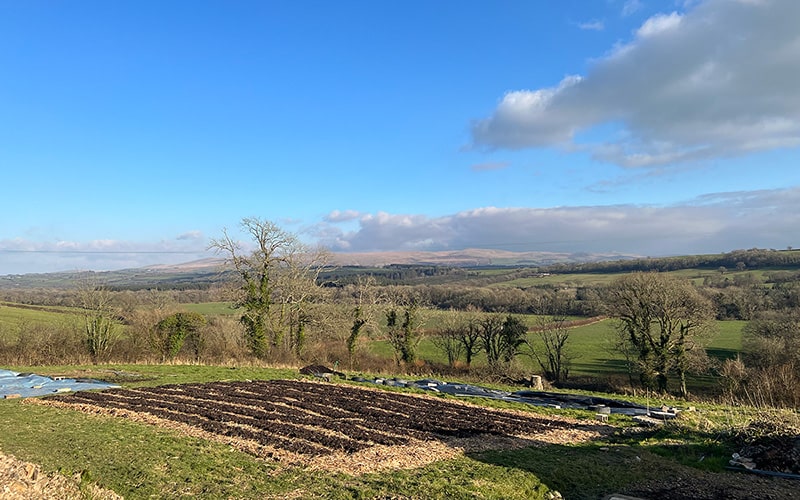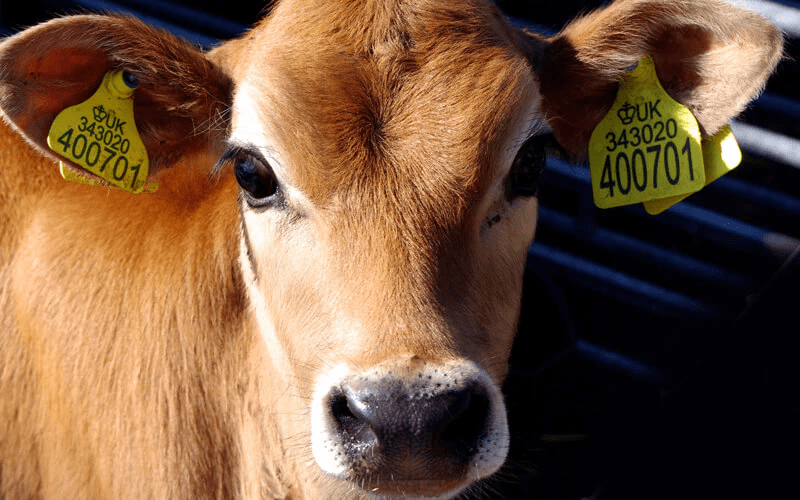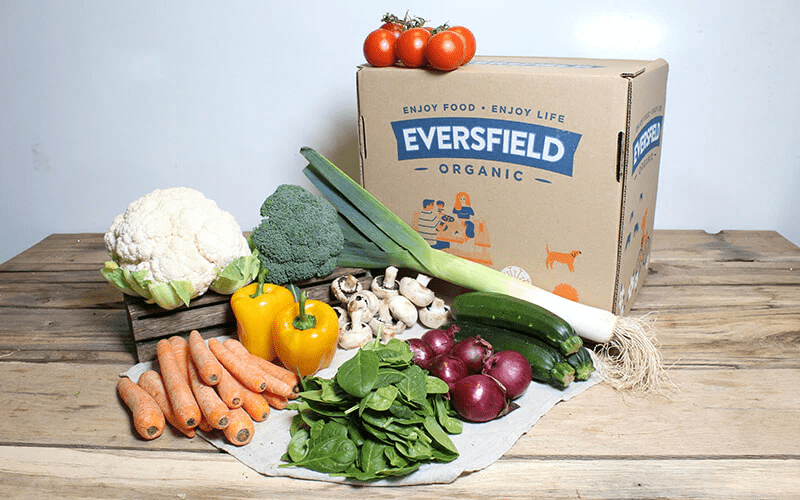The Hungry Gap Explained
What is the Hungry Gap and how can we beat it? We find out at our Farm Market Garden…
For anyone interested in gardening, planting, growing, sustainable eating or seasonal eating, the Hungry Gap is a term you may have come across. It’s a term that’s growing in popularity, and rightly so. But what exactly is the Hungry Gap and how can we get through it each year in a sustainable way? We headed down to our Market Garden to find out all about the Hungry Gap, and what we’re doing to beat it, from our team of Market Gardeners…
What is the Hungry Gap?
The Hungry Gap is a period in early spring (usually anywhere from March to May), where there is a distinct lack of fresh produce grown in British fields due to the temperate oceanic climate of the UK, says our head Market Gardener Kelvin. In gardens, allotments and fields across the country, there is a struggle to successfully grow fruit and vegetables. As spring and summer vegetables are not quite ready to brave the chillier days and hardy winter vegetables cannot survive the slightly warmer days, we find a gap in the growth of British crops.
The term Hungry Gap stems from a time when the lack of British grown produce really meant going hungry. Empty fields and gardens resulted in empty plates and empty stomachs. Historically, people survived the gap on the very little produce that managed to grow and relied heavily on preserved vegetables.
How We’re Bouncing Back
British farmers work extremely hard to bridge the gap, using localised temperatures and small changes in the weather to plan their planting. For example, farmers may use a few of the warmer days in early spring to plant their spring and summer crops a little earlier, even if the warm days are limited.

Of course, major Supermarkets don’t need to rely on the weather and British farmers when sourcing their fruit and vegetables. The changing of eating habits away from seasonal produce means consumer demand is higher for all produce, all the time. Supermarkets import their fruit and veg from countries all over the world, in fact it’s reported that around ¾ of fruit and veg found in Supermarkets is imported. Whilst importing goods and racking up air miles negatively impacts the environment, by sourcing organic fruit and vegetables from sustainable farmers in Europe, we can reduce air miles (by shipping via land or boat), provide eco-friendly crops and battle the hungry gap.
On the Eversfield Organic Farm
However, the best way to tackle both climate change and the Hungry Gap is to eat seasonally (find out more about why we should eat seasonally here). And this year, our team of Gardeners in the Farm’s Market Garden have seized the opportunity that the milder winter has presented to us. The mild winter this year has meant an early start to the cropping year for summer vegetables such as herby salads and spring greens.
This has meant the Garden has been able to keep our Farm Shops and the Dartmoor Inn fully stocked with all the organic fruit and veg needed, especially abundant in the green vegetables that we need so much throughout late winter and early spring.

If you’re lucky enough to live locally to our Farm Shops in Marlborough, Totnes or Tavistock, or the Dartmoor Inn at Merrivale, you can pop in to grab our Market Garden produce for yourself. We’ve also managed to secure a handful of new organic fruit and veg, including sustainable, organic strawberries from Spain and seasonal, organic salad potatoes grown right here in Devon. Shop our organic fruit and vegetables now to make your next organic veg box green in more ways than one, and to beat the Hungry Gap.


















